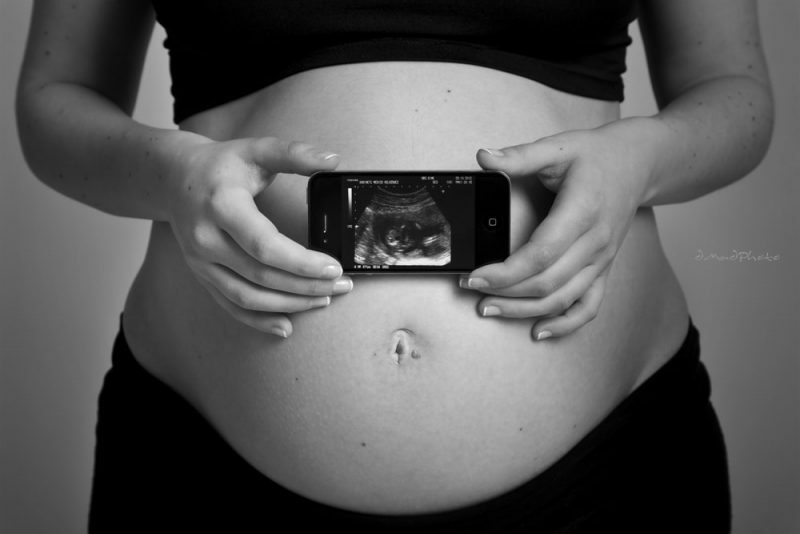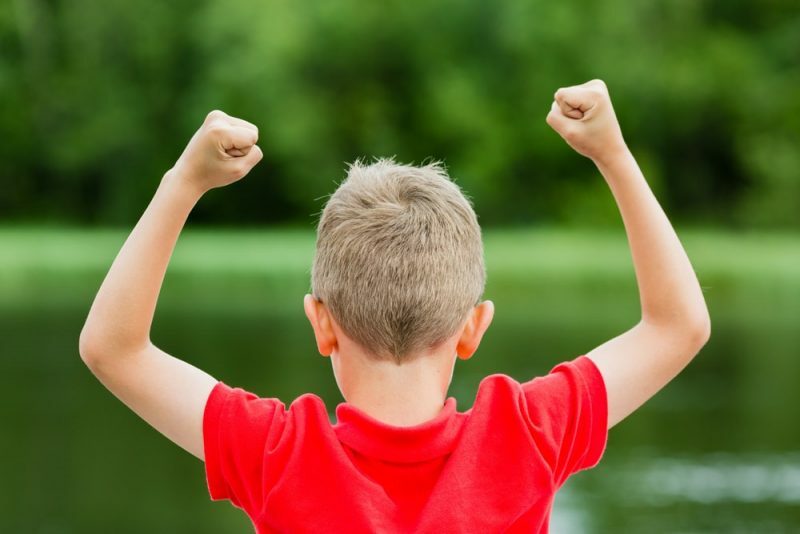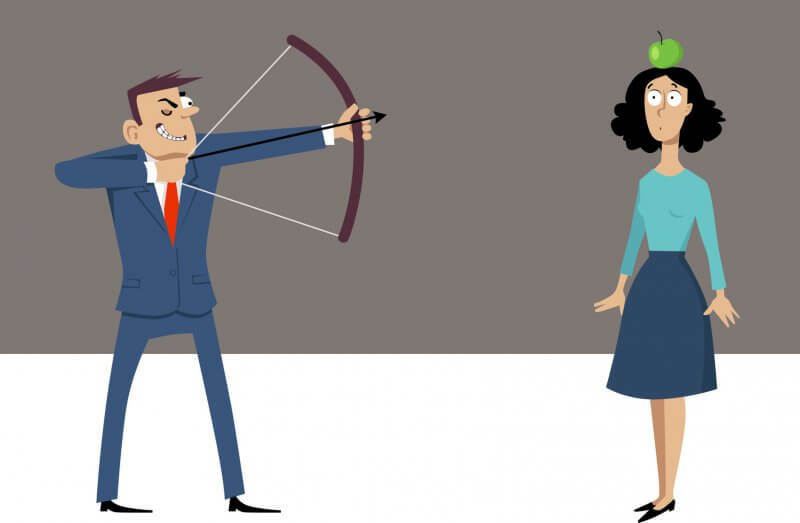What are the stages of human development?
Miscellanea / / July 04, 2021
When we talk about stages of human development, we refer to the different phases that a person goes through from conception to death, and throughout which he undergoes changes of all kinds, both in his body and in his mind. For example:prenatal stage, fetal stage, childhood stage.
These stages are fulfilled in their entirety in all individuals of the human species, without the possibility of any exception, although the specific characteristics may vary according to the specific case. Thus, for example, there will be adolescents with acne problems and others without them, but no one will ever be able to skip adolescence.
It should also be said that changes produced in each stage, as well as the way to cope, are decisive and determining factors in the subsequent childhood and adolescence, as initial stages, are of utmost importance in the final constitution of the individual. Life, understood this way, is a succession of situations of change that leave their mark on us until the very last.
The seven stages of human development
The stages of human development are seven, and they are as follows:
- Prenatal stage. This is the first stage of human life, also called the intrauterine phase, since it takes place inside the mother's womb during pregnancy. Therefore, this stage goes from fertilization (union of the sex cells of the parents) and the development of the fetus, to birth or delivery.

This stage generally lasts nine months and comprises three distinct phases, namely:
-
Childhood stage. The second stage in the life of every human being, but the first outside the containment and protection of the mother's body, is childhood. It goes from the moment of delivery until around six years of age, when childhood begins as such.
At the beginning of this stage, the individual is called a neonate, has a head disproportionate to his body and sleeps most of the time. The recognition of his motor and sensory capacities is just beginning, so he presents movements reflexes and automatic, such as sucking on the mother's breast, also communicates with the outside through indiscriminate emotional responses (crying).
As time passes, however, the infant learns to control his limbs, his sphincters and to walk, as well as some rudiments of language.

-
Childhood stage. Located between 6 and 12 years of age, this third stage of human development coincides with the individual's schooling, that is, their ability to learning and the coexistence with other individuals his age. At school the child learns through various playful and pedagogical mechanisms to take advantage of his mental, physical and social faculties.
In this stage, the sense of duty, self-love, I respect for others and for others, as well as the ability to distinguish between the real and the imaginary. It is a key stage in the formation of the individual's psyche, so the child is tried to protect as much as possible from the harmful influences of society. -
Adolescence stage. This fourth stage of human life begins at the end of childhood, around the age of 12, and ends with the entry into youth, around the age of 20. There are no precise limits for this, since it varies according to the individual: but the entry into puberty is taken as the clear beginning of adolescence, that is, the sexual maturation of the individual.
For this reason, adolescence is perhaps one of the human stages that presents the most significant physical and emotional changes. Sexual development manifests itself through physical changes:
As well as social and emotional changes:
This stage is key in the process of discovering the self and the world that surrounds it, as well as the sentimental life and the values which will then guide the individual into adulthood.

-
Youth stage. Youth is called the first stage of adulthood or early adulthood, in which the individual is already mature sexually and has overcome the turbulence of adolescence, ready to start a self-responsible life herself. Youth is generally considered to be between 20 and 25 years of age, although these parameters are not fixed.
During youth, the individual is more aware of who he is and more determined to what he wants in life, even if he does not have the emotional balance typical of maturity. It is a stage of extensive learning, no longer hampered by the dynamics of growth, in which work and social life usually occupy a privileged place. -
Stage of adulthood. The normally longest stage of human development begins after the age of 25, with the end of youth and lasts until entering old age or old age, around 60 years. An adult individual is considered to be in the fullness of his psychic, physical and biological, so that at this stage the desire for paternity and to found a family.
The greatest vital performance is contained in this stage, which, although it contains all the imprint of the stages formation, it is also the stage in which the individual tends to make more or less peace with himself and with his fate of him. An adult is expected to have emotional control and a vital disposition that he did not possess in previous stages.

-
Stage of old age. The last stage of human life, which begins around 60 years of age and continues until death. Adults in this stage are called "elders" and are usually at the end of a family chain to which they transmit their vital learnings and teachings. It is a stage of decline in physical and reproductive faculties, although it is estimated that the amount of physical and intellectual development of the previous stages will affect the greater or lesser rate of weakness of the old man. Illnesses, physical ailments and disinterest in general life (in favor of memories of the past) are characteristic of this stage of retirement.
In some cases this physical decline can prevent normal life, while in others it simply leads to a more selfish, eccentric and detached personality.
Follow with:



